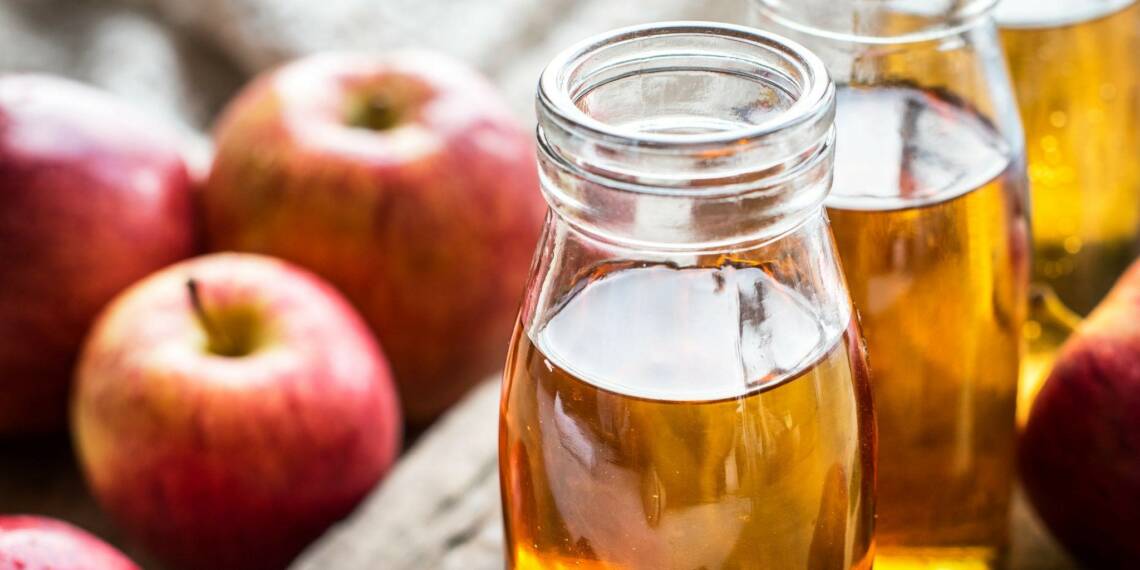Protein is a necessary part of your diet. Not eating sufficient protein can lead to serious health issues. Protein is a complex macronutrient in foods like legumes and animal products. Protein is an amino acids chain that makes the building blocks for the parts of your body, including bones, muscles, skin, bone, hair, and organs. Hypoproteinemia, also known as protein deficiency, is usually caused by low protein consumption and causes symptoms that vary based on the seriousness of the deficiency.
You may sometimes experience increased appetite, fatigue, weakness, etc. In addition, many people consume apple cider vinegar before taking high-protein meals to improve digestion. The theory is that ACV increases stomach acidity and helps your boto make more pepsin, the enzyme that breaks down protein.
1. Eggs
Eggs are an excellent source of protein. In the past, eggs had been linked with increased heart disease, but there is evidence that for most people, eggs are harmless. Generally, consuming a whole egg daily is beneficial. However, if you have a heart condition or diabetes, eat 2-3 eggs weekly. An average egg provides 6-7 grams of protein.
2. Soy-Based Products
Also called as meat without bones, soybean is rich in protein. It is present in various forms like soya milk, soy yogurt, roasted soybeans, etc. It is an excellent source of vitamin C and protein with low fats and no cholesterol. It is a best alternative for lactose-intolerant and vegetarians. It provides 36 grams of protein per 100 grams.
3. Legumes
Including various beans and peas such as chickpeas, black beans and lentils. Legumes contain protein, fiber and other nutrients such as potassium, calcium, iron, and magnesium. Do not get fooled by their small size.
4. Cottage Cheese (Paneer)
Paneer is the best alternative for chicken, it is also a very rich source of casein protein. Paneer provides 18 grams of protein per 100 grams serving.
5. Whey Protein
Whey is a type of liquid that is separated from milk during the production of cheese. The protein part of this process is called whey protein. It is a full stack protein containing all essential amino acids. In addition, it is easily digestible and absorbed from your gut fastly when compared to other protein types. These qualities of whey make this protein one of the best sources of protein.
Furthermore, instead of opting other unhealthy snacks, you can consider including protein bars, which not only have protein but are also nutritious.
Conclusion
High protein intake can benefit many people, but it is not necessary for everyone. People eat around 15% of their calories from protein, which is enough to prevent protein deficiency. However, some people can benefit from eating more than that, up to 25 to 30 percent of their calories. If you want to improve your metabolic health and gain muscle and strength, eat enough protein. Furthermore, you can drink protein shakes if you still do not get enough protein from your diet.








